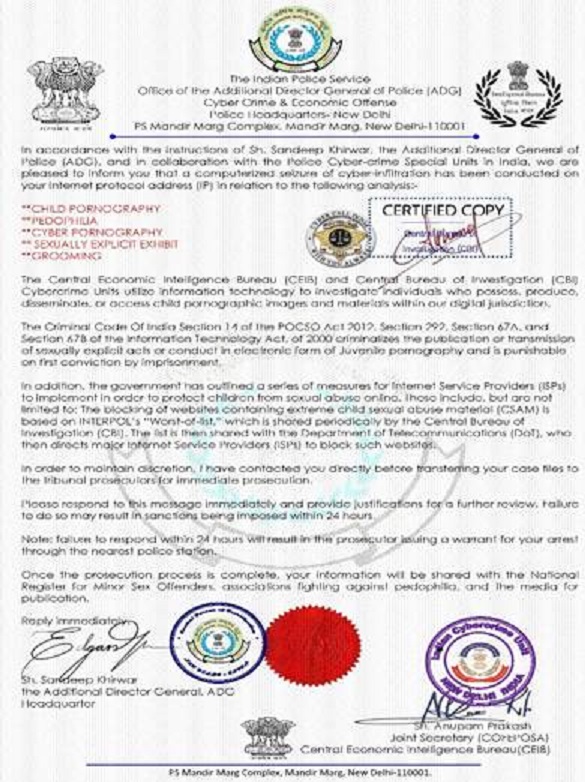Role of a Company Secretary in Gram Panchayat and Nagar Panchayat/Nagar Palika (Rural and Urban Local Bodies)
Hon’ble Mahatma Gandhi on villages and Village Swaraj:
The Future of India lies in its villages
My idea of Village Swaraj is that it is a complete republic, independent of its neighbours for its own vital wants, and yet interdependent for many others in which dependence is a necessity
Certain Data of Indian Villages
As per 2011 census, there are 6,50,244 villages in India wherein 83 crore (70%) people of India reside.
India had 2,62,771 elected rural local bodies and 4,657 urban ones in 2017. The rural bodies implement around 70 per cent of India’s rural development programs with an annual budget over Rs 2 lakh crore.
Moreover, such bodies receive devolution from State Government based on State Finance Commission recommendations. Also, other loans and grants are provided by State Governments.
How does a Panchayat Function?
Panchayat functions through their ward members and chairperson/Gram Pradhan, who are facilitated by the Executive officers (EO)/Secretary appointed by the respective State Government.
Following is the procedure, which is usually followed in villages by the Panchayat to discharge its duties
1. Issues/Problems/Area for development are identified or highlighted by the villagers,
2. Jurisdiction of the Panchayat is ascertained.
3. Elected Representatives provides green signal to the identified work.
4. Budget, Tenders and sanction from the District authorities follows.
Role of Secretary/Executive Officer
Secretary/EO has a prominent and multifaceted role at the Panchayat Level which includes, but not limited to, the following:
- To ensure that a Panchayat remains effective and efficient in its functioning.
- To discharge a supervisory role on behalf of Government ensuring that the funds are used productively, and in the best interest of the villagers.
- To ensure proper Governance, transparency and accountability in the functioning of the Panchayat. (Much like corporate governance)
- To create awareness, in sync with elected representatives, regarding various State Government/Union Government programs and policies among the villagers.
- To facilitate and act as the inter-face between the villagers, elected representatives of Panchayat and district/State Administration.
- To oversee the administrative functioning of the Panchayat.
Un-explored role of Company Secretary in Panchayat
People used to construct that a CS is the facilitator of the Companies only. However, in the contemporary world, Company Secretaries are being recognized, across the globe, as the “Governance Professional” and the “Business Facilitator.” A proper governance, keeping in mind the best interest of panchayat’s subject, of a Panchayat can only ensure, and is fundamental to achieve, the “Village Swaraj”.
Statement of object and reasons, of 73rd Constitution Amendment Act, 1992, which strengthen the Panchayati Raj system in India, inter-alia, provides that:
1. Though the Panchayati Raj Institutions have been in existence for a long time, it has been observed that these institutions have not been able to acquire the status and dignity of viable and responsive people’s bodies due to a number of reasons including absence of regular elections, prolonged supersession, insufficient representation of weaker sections like Scheduled Castes, Scheduled Tribes and women, inadequate devolution of powers and lack of financial resources.
2. Article 40 of the Constitution which enshrines one of the Directive Principles of State Policy lays down that the State shall take steps to organise village panchayats and endow them with such powers and authority as may be necessary to enable them to function as units of self-government. In the light of the experience in the last forty years and in view of the short-comings which have been observed, it is considered that there is an imperative need to enshrine in the Constitution certain basic and essential features of Panchayati Raj Institutions to impart certainty, continuity and strength to them.
As the writer born and brought up in a small village, he is familiar with, and have seen from the close quarters various ailments that ail the Panchayati Raj system, which are, in particular, Governance ailments rather than not having any proper social/legal framework which aids the self-governance. Such social and legal framework indeed exist, but governance at various level have failed them.
Issues such as:
- Not holding Panchayat meetings regularly and properly.
- Participation of the Interested Members in the meeting.
- No proper record of the meeting, and matter transacted thereat.
- Conflict of Interest of the Panchayat Members in the tender awarded/Favoritism. (In more than 50% tenders Gram Pradhan, or his sons, or his relatives are the contractors)
- Bid Riggings in sync with, or with prior knowledge of Members of Panchayat.
- Monopoly of few contractors.
- Corruption/No transparency and accountability.
- Members of Panchayat not objectively aware of their rights, and work, at times, under the coercion of Gram Pradhan/Chairperson.
- Lack of innovative and objective thinking. (Most Important)
- Lack of experts, and specialists to guide the whole institution forward, considering the changing social, technological and economic realities across the globe.
Company Secretaries, if they are entrusted with the role of Executive officers and Secretaries at Panchayat level given their rich legacy of promoting governance in the Companies and other legal Institutions/ structures, expertise in various legal, financial, technological, economic and social fields and subjects, and their understanding of the of the system and the contemporary world, can go a long way in ensuring that the Panchayat function and achieve the objectives as envisaged by the MG. Gandhi, as mentioned in the aforementioned constitutional amendment, and as expected and desired, consciously and sub-consciously, by the providence, marginalized and poor villagers.
In 2017, Institute of Company Secretaries of India came up with a Model Governance code for Meetings of Gram Panchayats which provides a Governance framework for the Panchayat on the areas such as Convening of meeting, frequency, quorum, attendance, agenda, minutes of the meeting etc. If considered and implemented, in law and spirit, then it may alleviate many ailments concerning decision making such as not holding meetings, participation by interested members and conflict of Interest.
Recognition, challenges and the way forward
Before Recognition
- Recognition must be provided by the state government to the Company secretaries for the role of Executive officers/Secretaries.
- Governance audit by the CS.
After Recognition
- It’s not exactly a white-collar job, as it includes regular meeting with the villagers, address their grievances, identifying issues, ensuring enforcement of governance framework, and negotiation with members and district/state administration.
- Awareness of the govt. policies and programs, and innovative thinking to implement them in the best possible manner
- Guiding the members regarding their rights and duties.
- Working in sync with the members, Local MLAs/MPs, and district/state/Union administration.
Important Links:
The Constitution (Seventy-third Amendment) Act, 1992 | National Portal of India




























